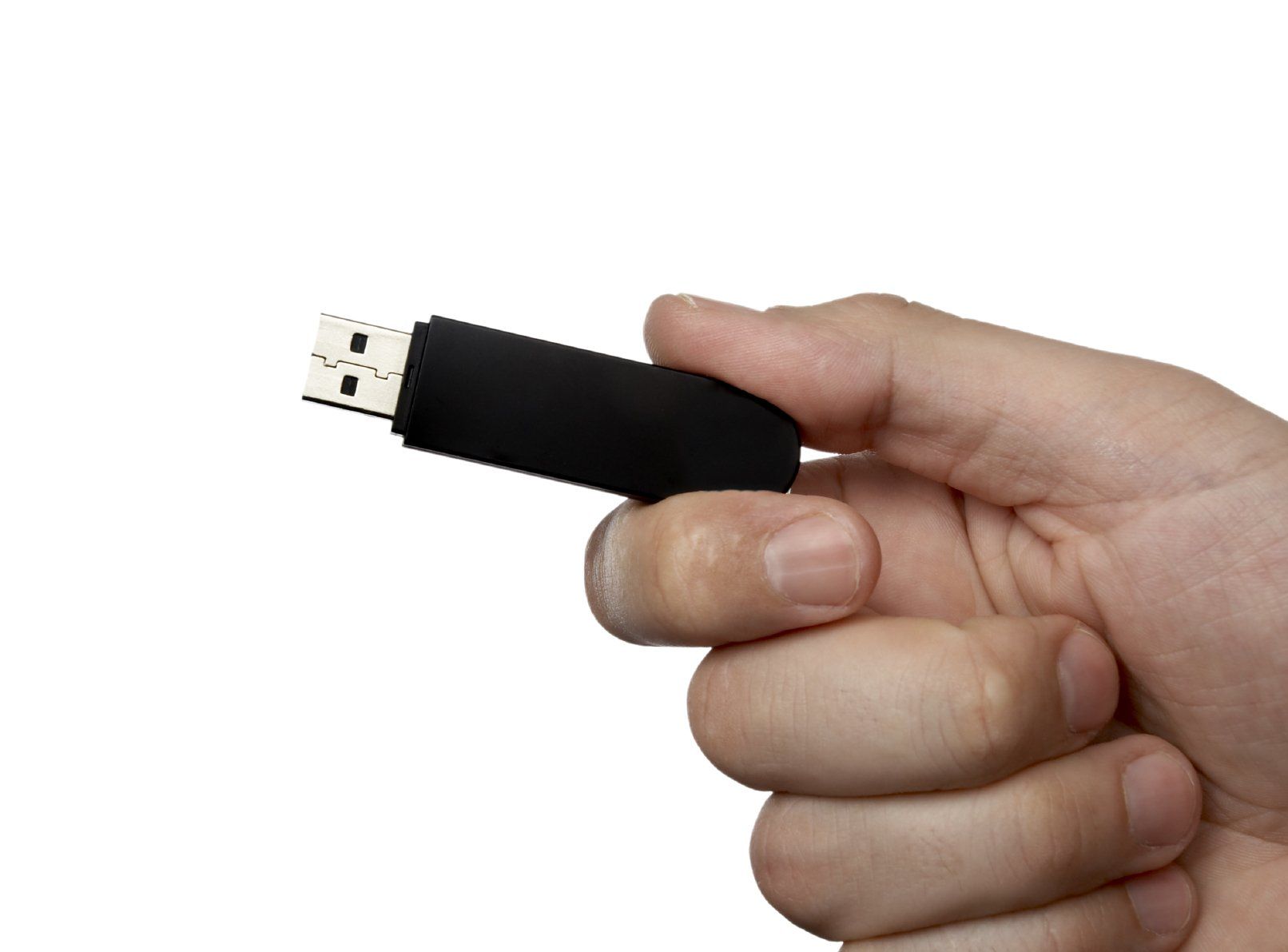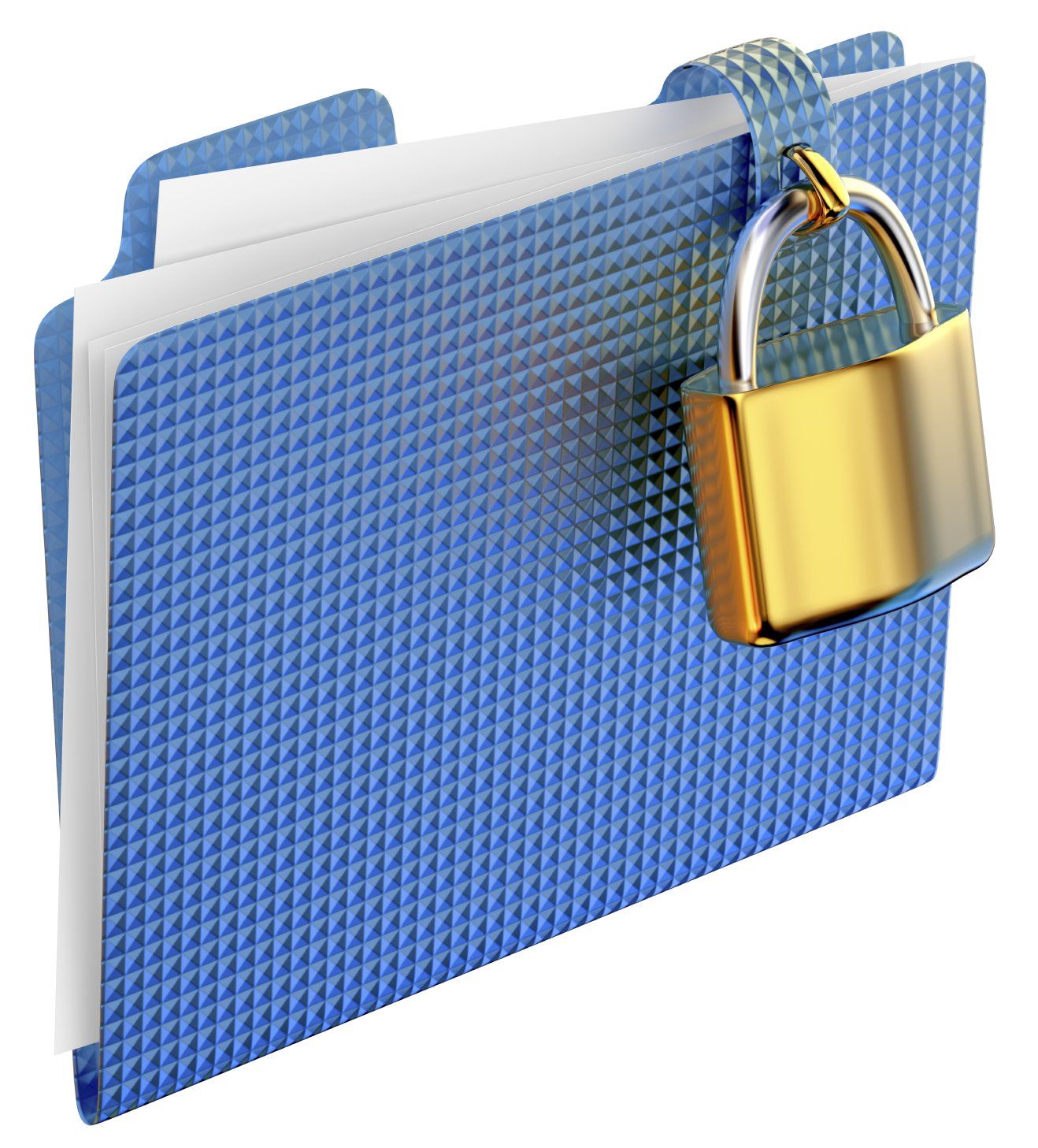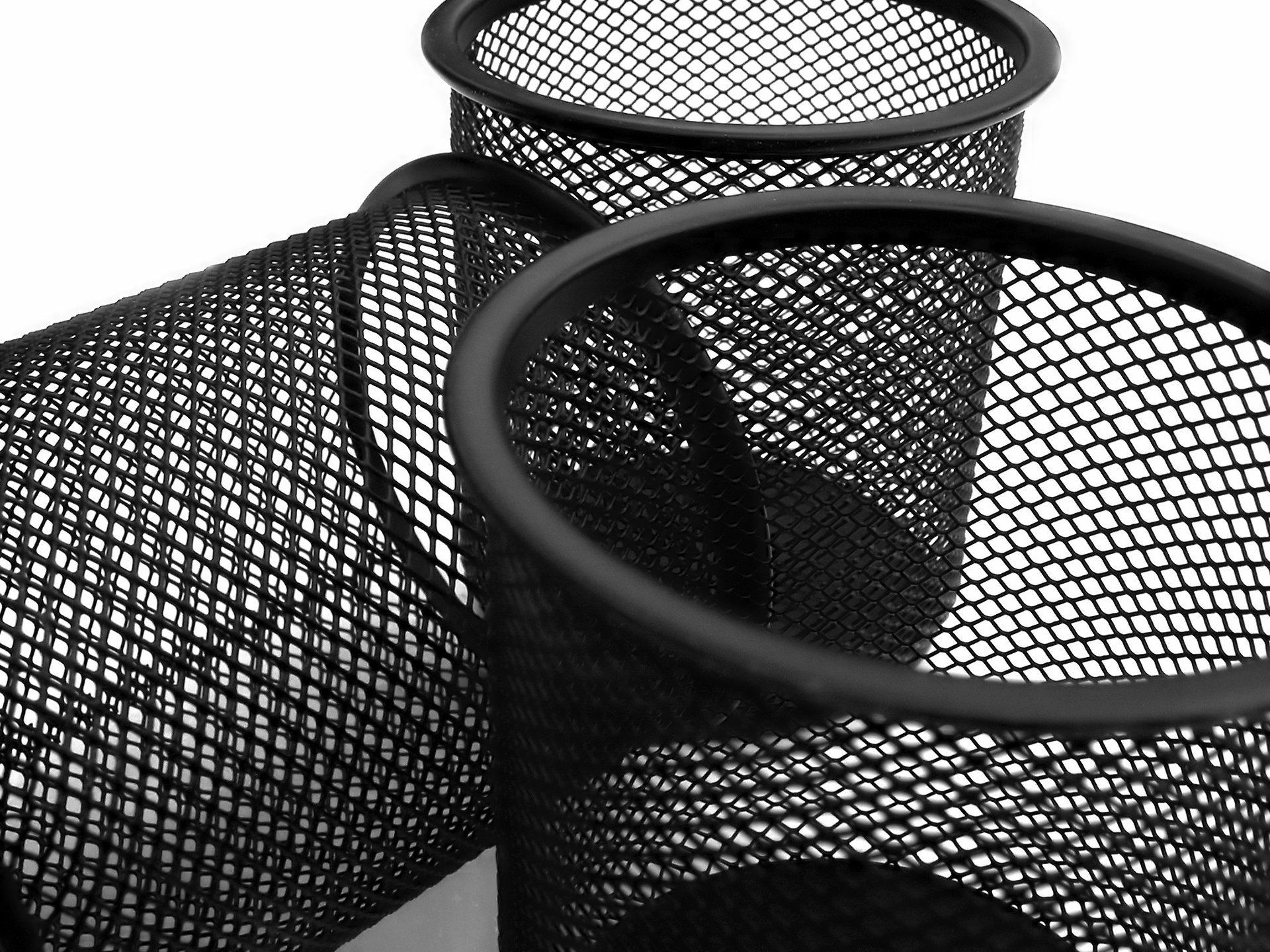Unauthorised Software Detection
Employees are often seen to install programs onto their computer for personal usage, whilst this is often a violation of a computer AUP (Acceptable Use Policy often issued to employees at the commencement of their tenure) - it is often overlooked.
Such programs can range from those that are unlicenced (such as cracked games or pirated productivity programs) through to the malicious (such as programs contaminated with virus or trojan programs that allow external attackers to freely access the company's corporate network) - through to those classed as counter forensic. All of which put the company at risk in one form of another.
Counter forensic software is being encountered increasingly in the DAC's we perform. Programs such as CCleaner, Evidence Eliminator and various other "wiping" tools are being used by novice users in an attempt to hide their tracks.
Once again, the presence of any such programs is grounds for dismissal or reprimand, both useful tools in an employment dispute.


















